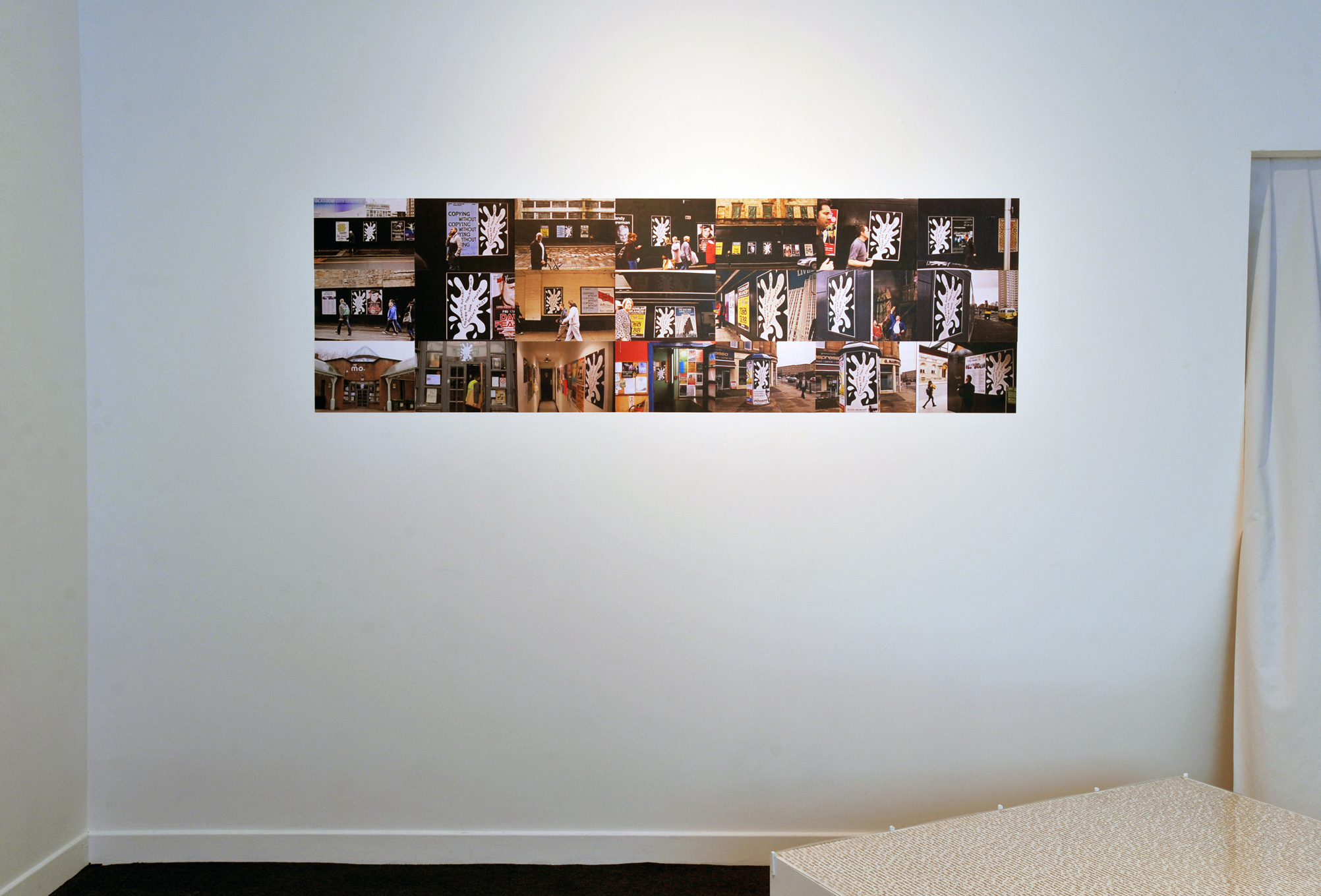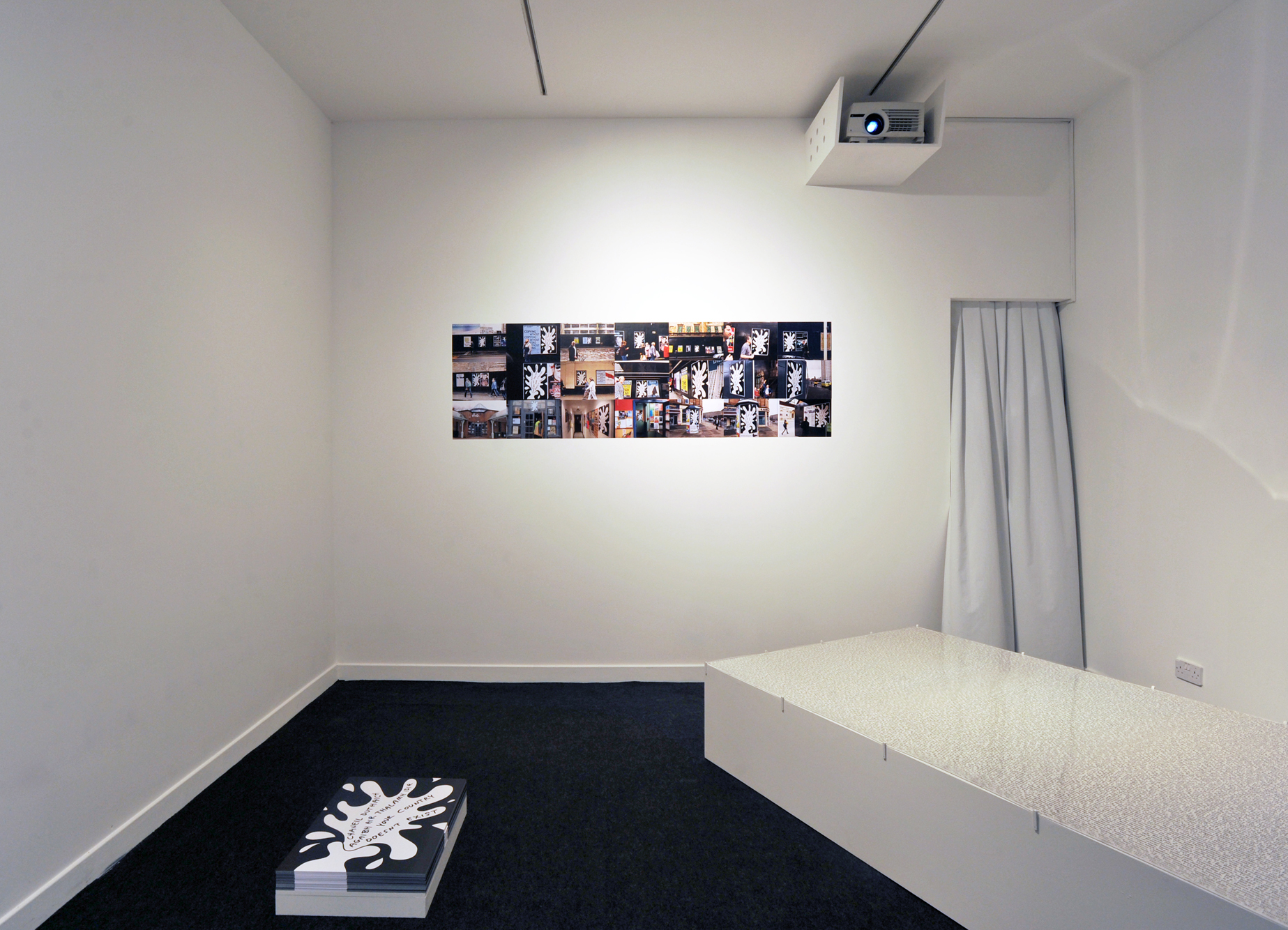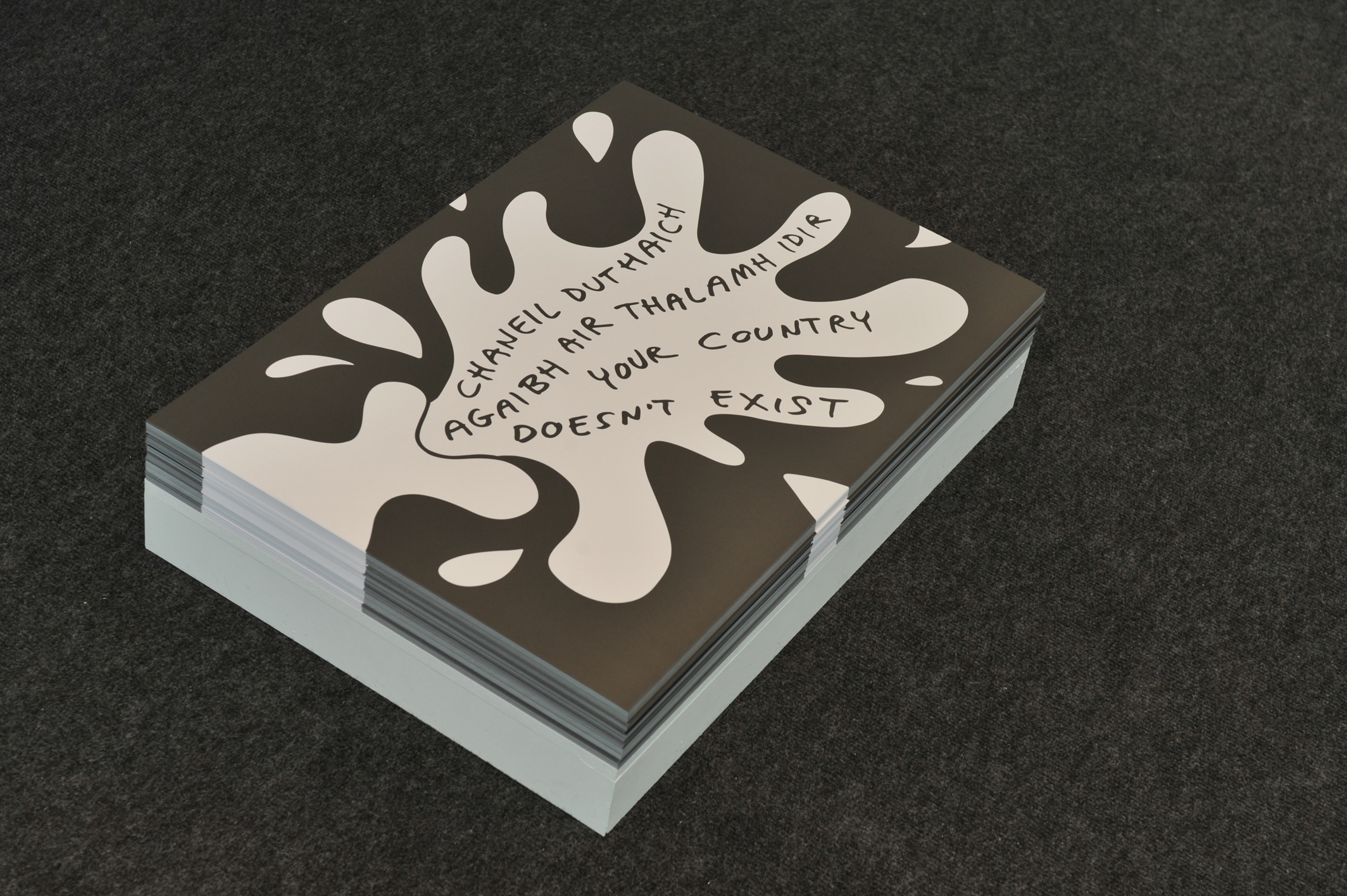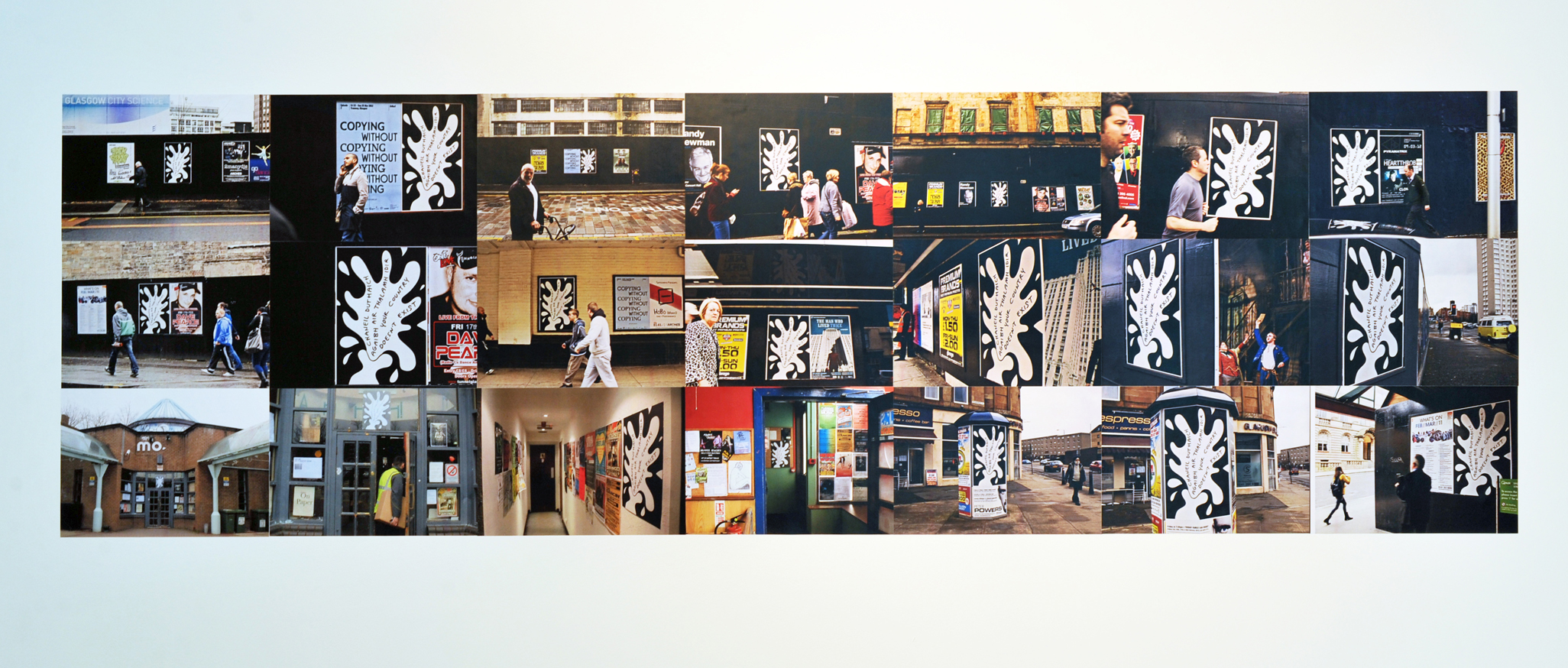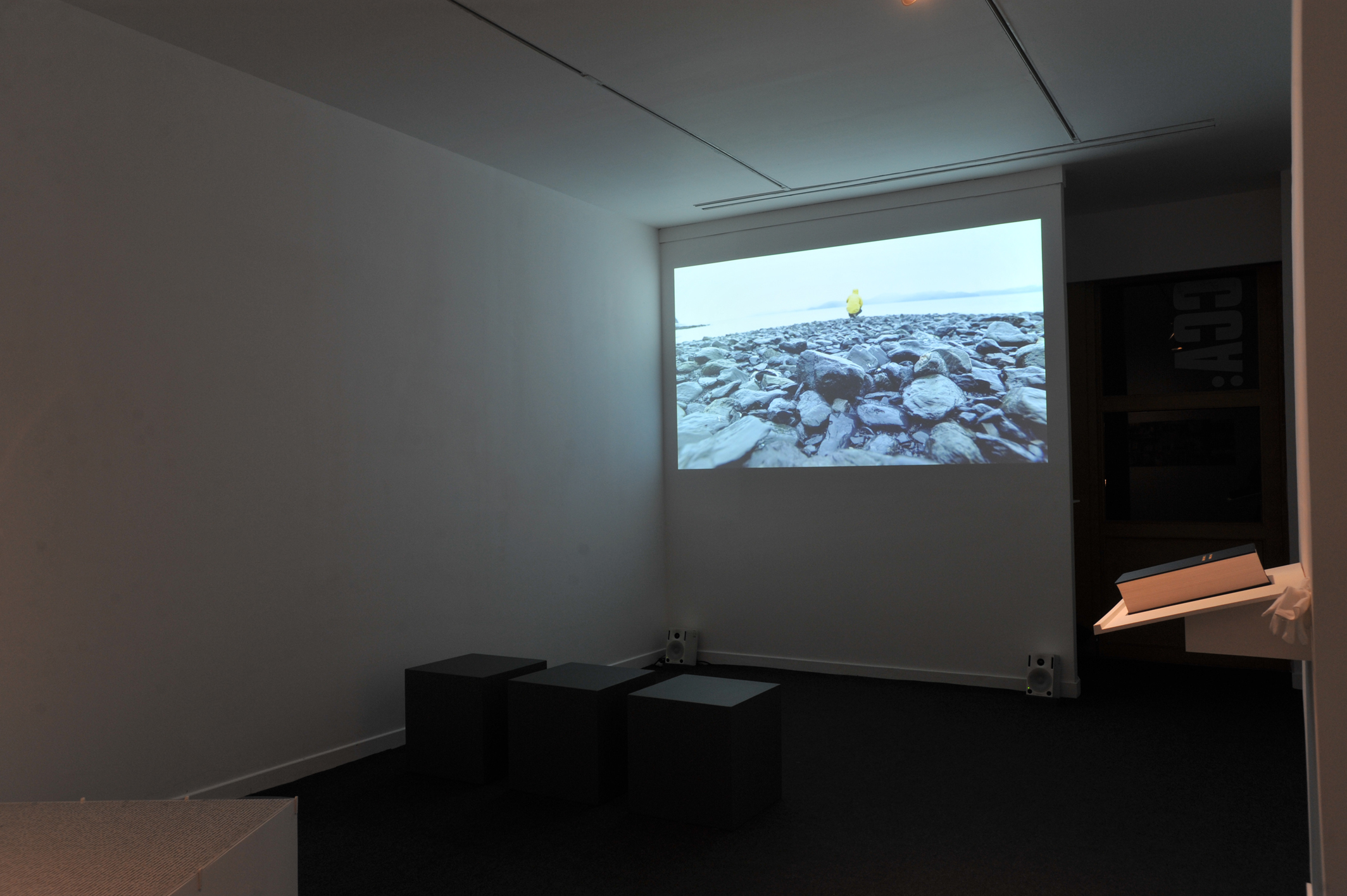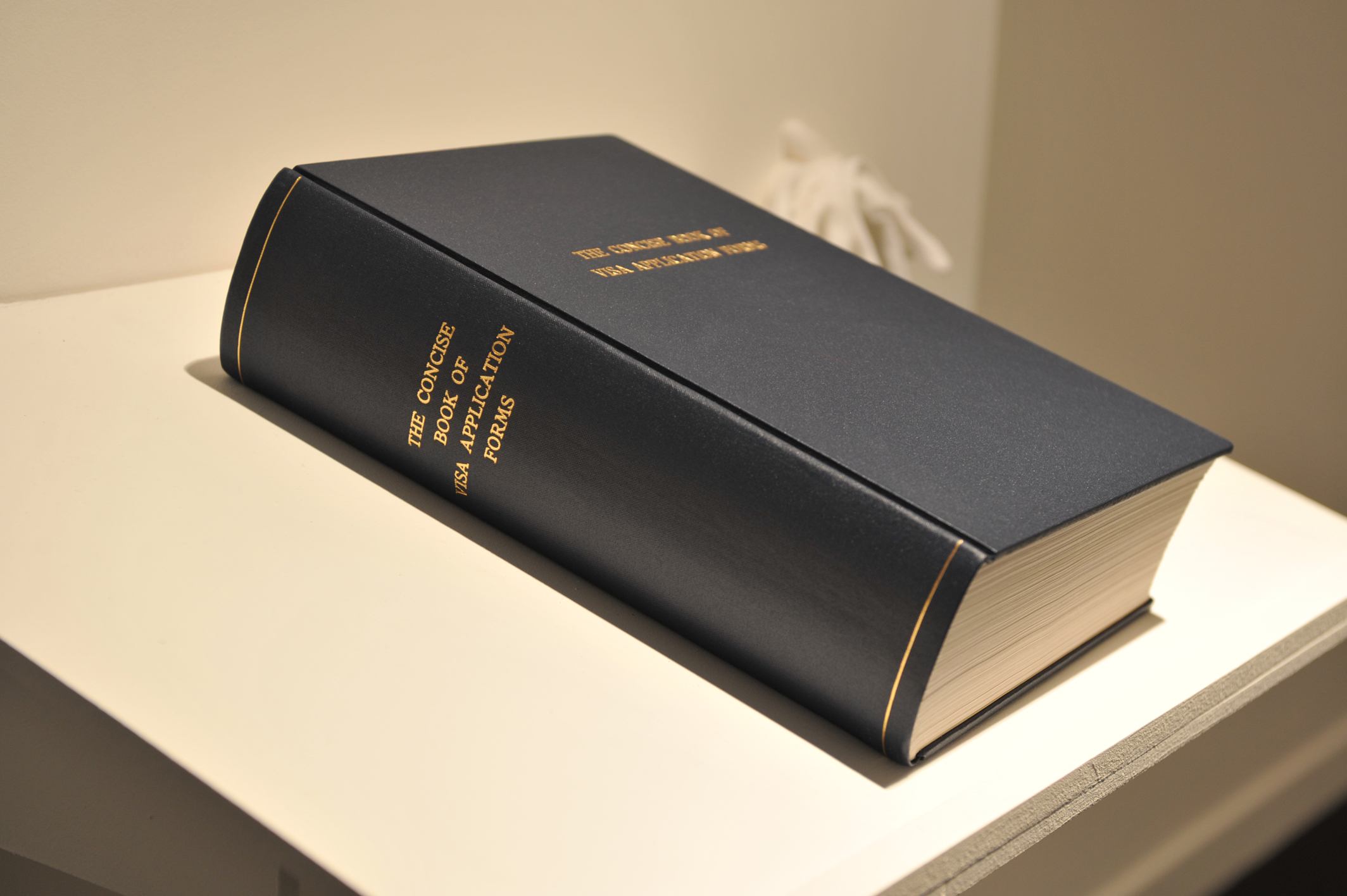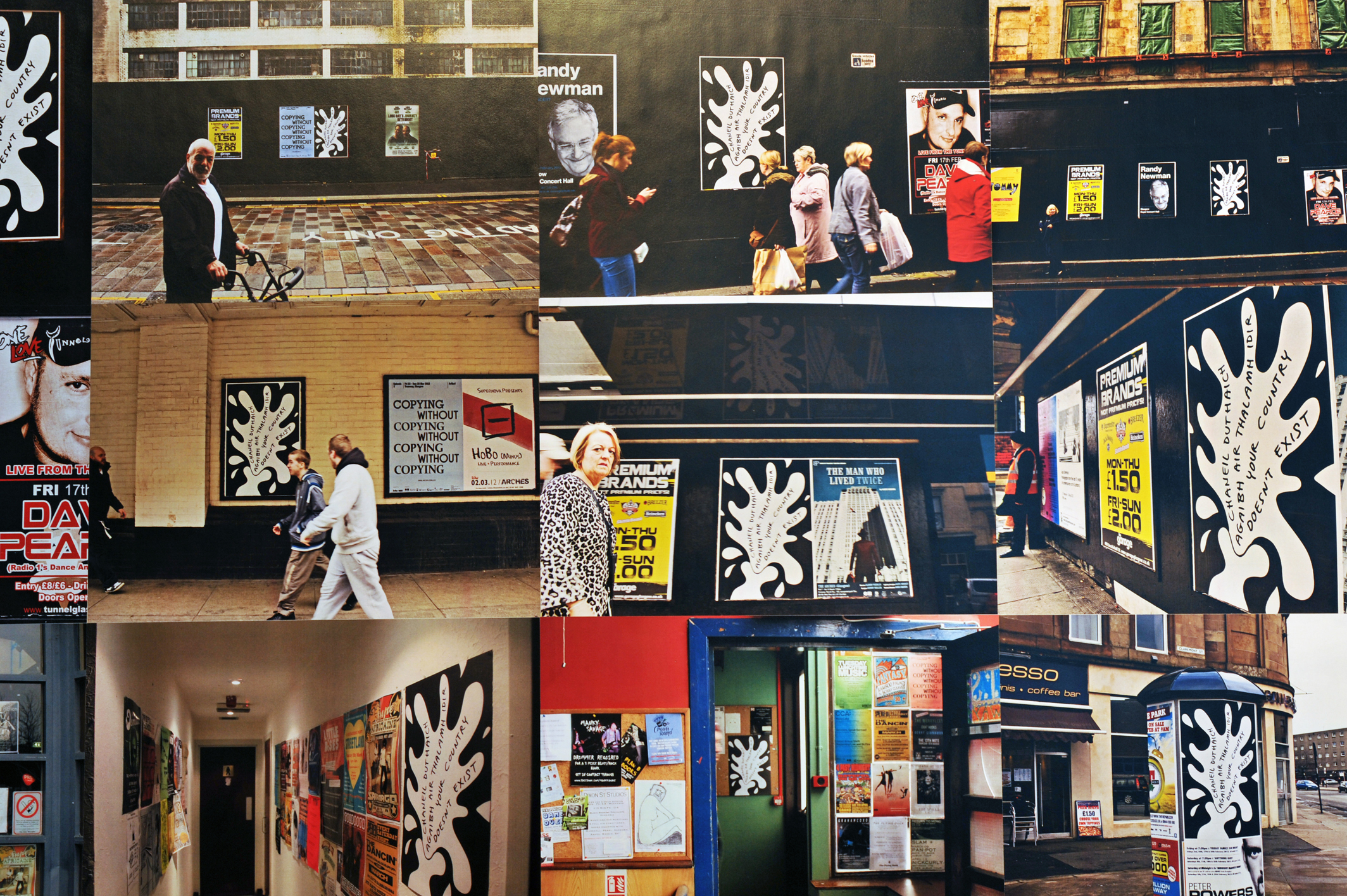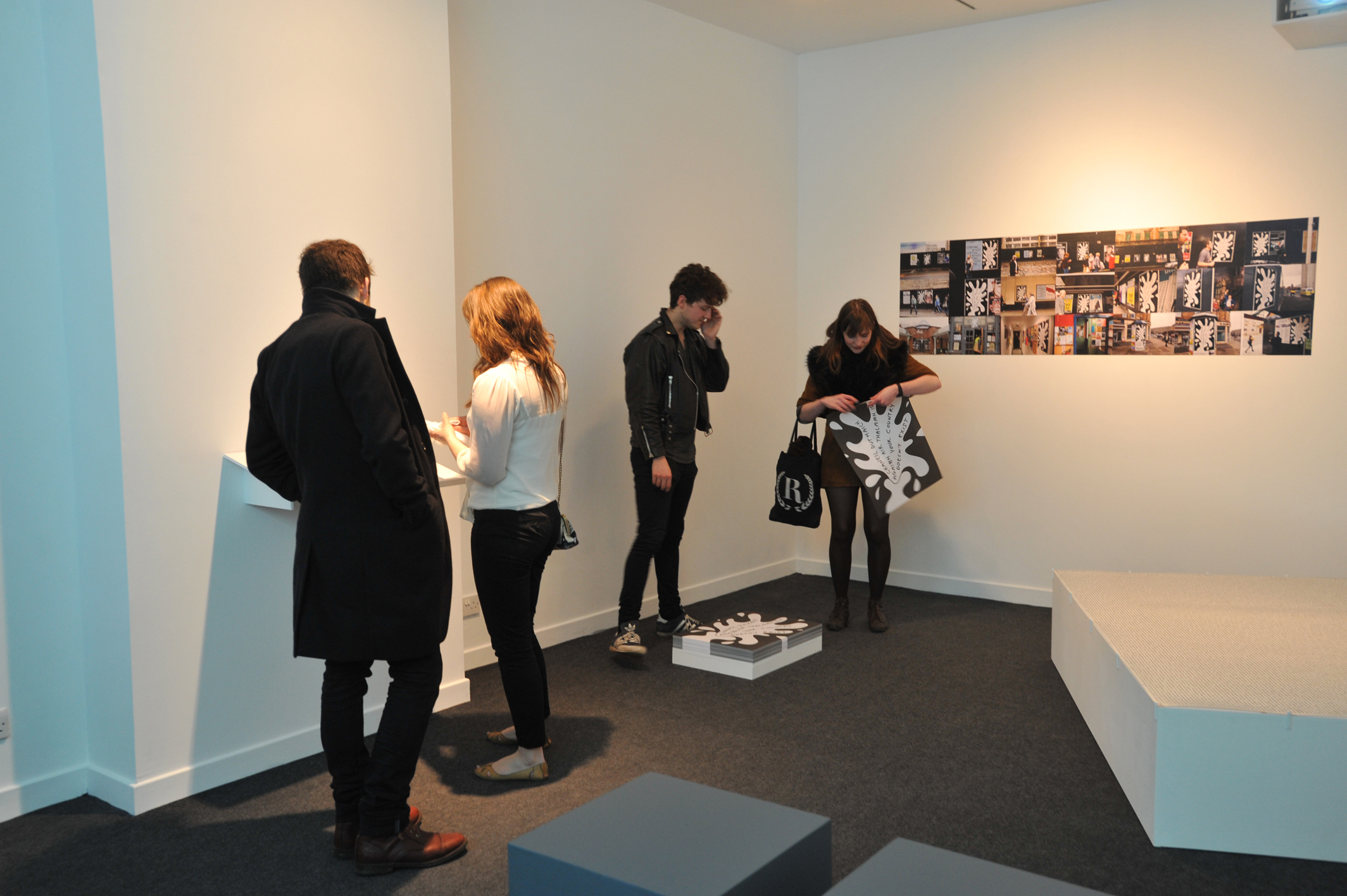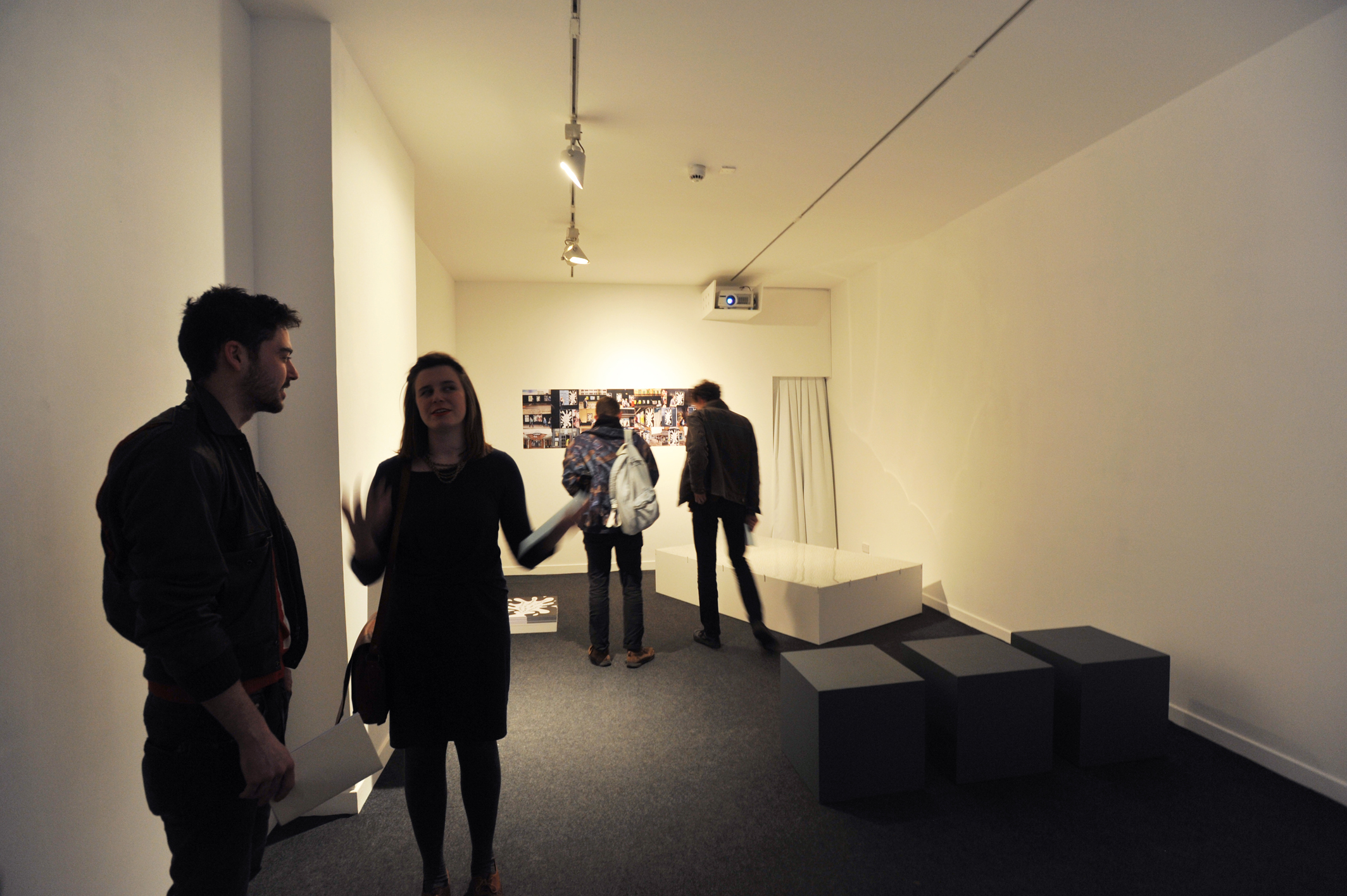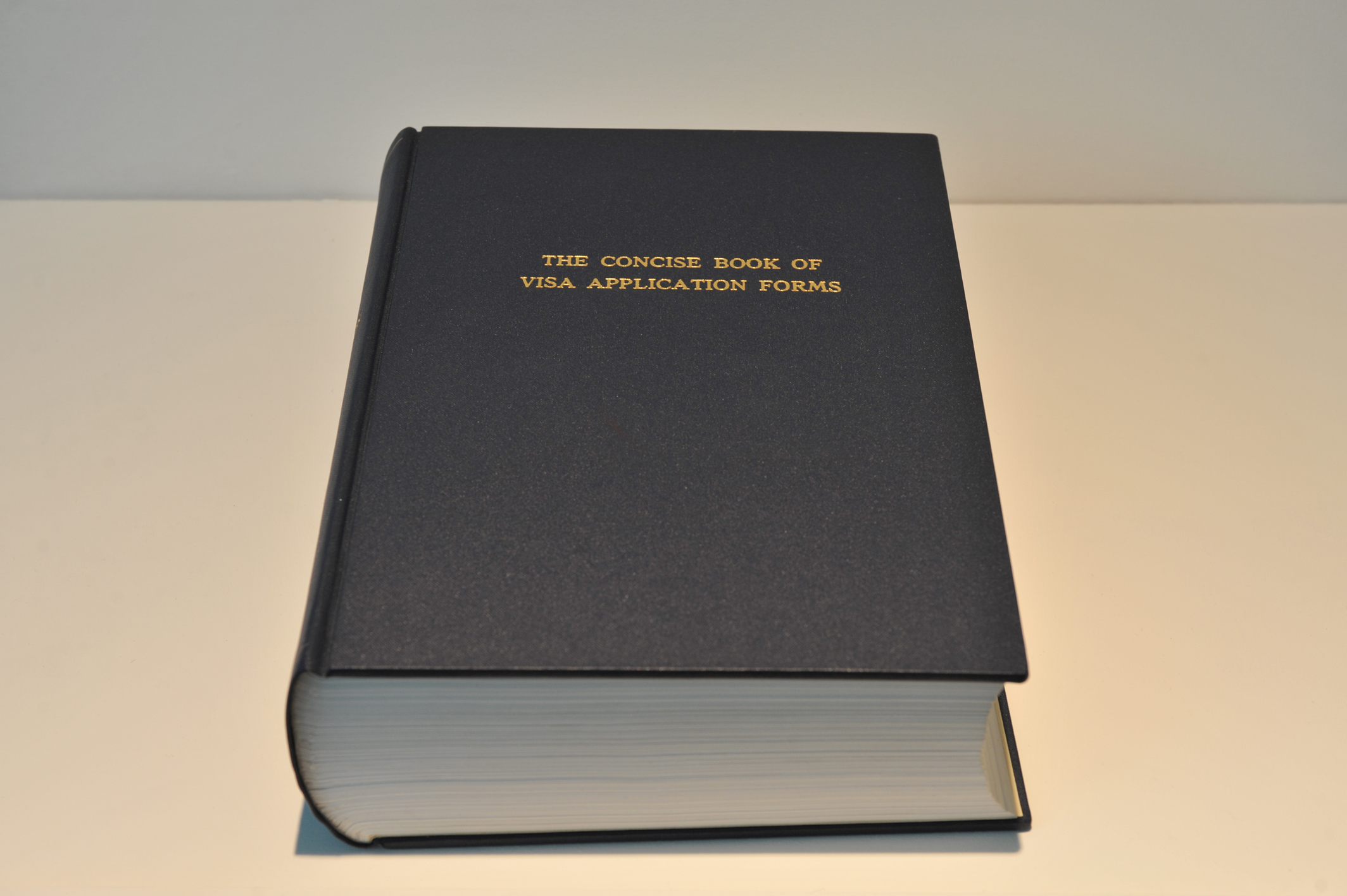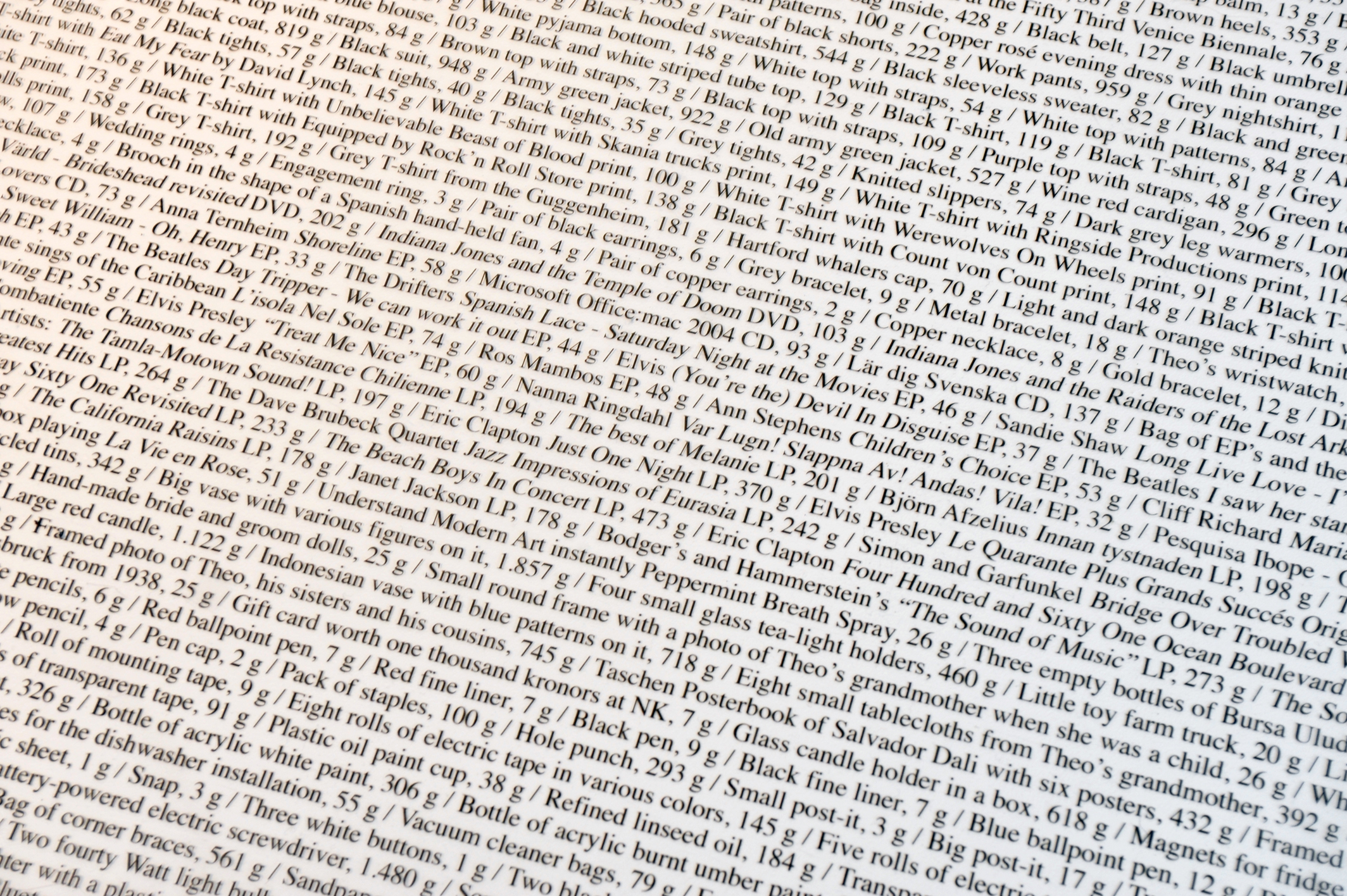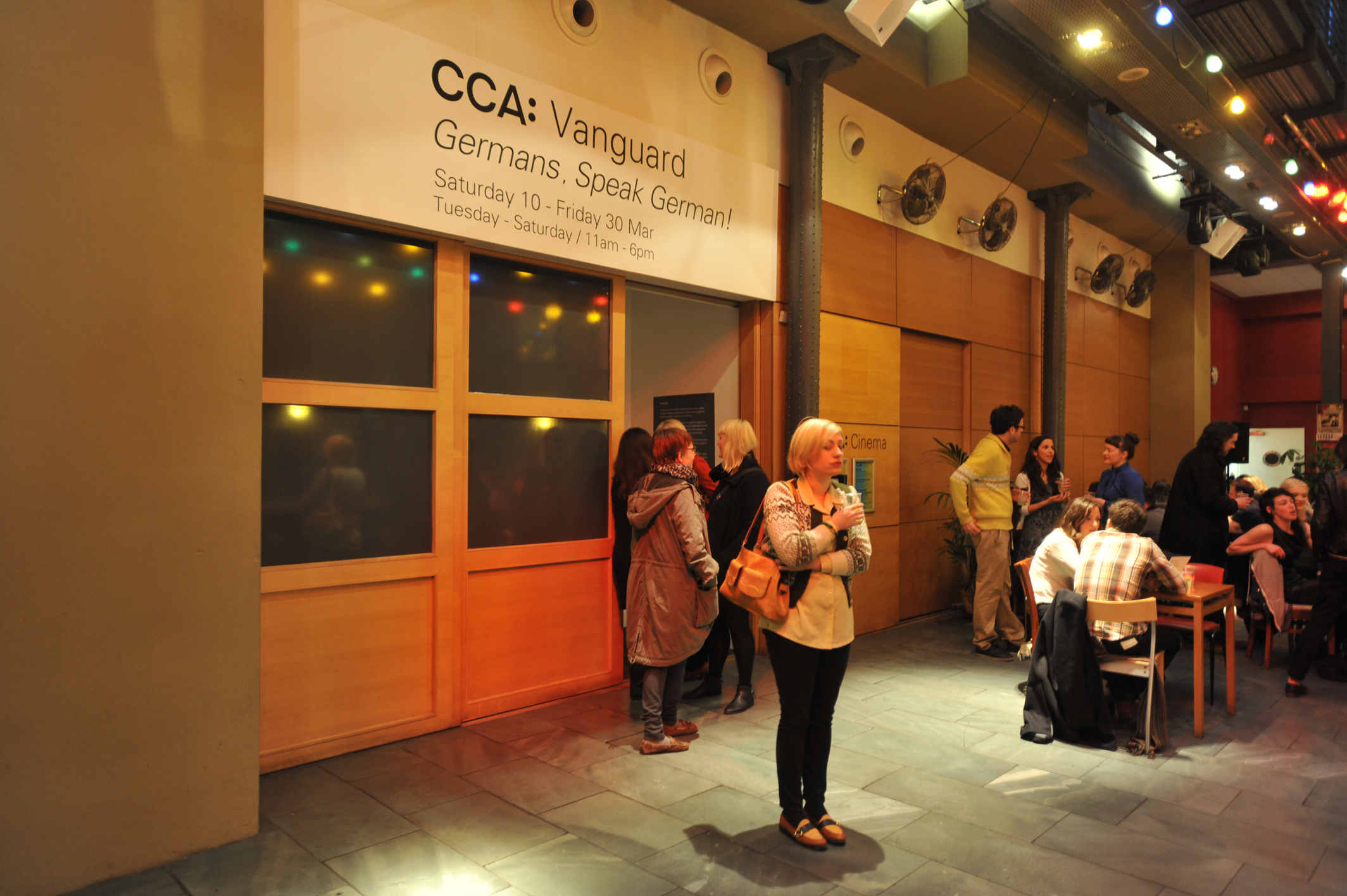Germans, Speak German!
Germans, Speak German! 10-30th March 2012 Vanguard Programme, CCA Glasgow
Libia Castro & Ólafur Ólafsson, John Akomfrah and Meriç Algün Ringborg with texts by Cinthya Oliveira and Isabel Löfgren
Germans, Speak German! [1] was a group exhibtion at the CCA Glasgow, curated by Mother Tongue as part of the Vanguard Emerging Curators programme. The exhibition was accompanied by a trio of texts, from Cinthya Oliveira, Isabel Löfgren, and the curators, further contextualising the exhibition's enquiries. The work of Libia Castro & Ólafur Ólafsson primarily existed outwith the gallery space in both English and Gaelic, as a series of publicly displayed posters and scheduled radio announcements on Celtic Music Radio. The posters were displayed at Argyle Street /Claremont Street; 130 Bath Street; 72 Broomielaw; 11-17 Candleriggs; 230 Clyde Street; High Street; Mitchell Street; 54 Oswald Street; Renfield Street/Renfrew Lane; Theater Royal/ Cowcaddens Road; West Regent Street; Wilson Street. Posters were freely available for the audience to take in the gallery.
The German concept of heimat – an indefinable and largely untranslatable notion of a persons’ homeland, a world within another which binds a person to a specific place by birth, childhood, lineage and language – constitutes the individuals self and collective identities, mediating between the provincial and national. Heimat was born out of necessity; a reaction to the onset of modernity, loss of individuality and meaningful community. Attempts at a translation in to English (such as motherland, birthplace, homeland and hometown) fail to encapsulate the totality of the terms’ multitude of meanings. If you consider, therefore, the historical discrepancies between Germanic and Anglophone nations that have caused such incomprehension to occur, it becomes apparent that heimat exists as a paradox. As Peter Blickle asserts: ‘the idea of Heimat is both part of the development toward a German nation-state and the expression of an uneasiness with everything that goes along with this development - capitalisation, industrialisation, politicisation.’[1]
Outwith the study of heimat, there continues to be a wealth of discussion surrounding spiraling mobility levels and the freedom afforded to us by globalisation, with a particular emphasis on migrants as they journey outwards and the trauma experienced upon arrival at one, or multiple, host nations. Such a focus erases a consideration of those who have remained (voluntarily or otherwise) in their home country. Faced with the void of family, friends, work colleagues or members of the local community who have left in search of better prospects, the confinement of those remaining in the homeland often acts as the impetus for a sense of wanderlust (a strong impulse or longing to travel) or fernweh (an aching for distance). Critical discourse has until recently neglected the power-geometry of such mobility, a phenomenon not as evenly spread as would first appear. Germans, Speak German! aims to explore current migration issues - such as the border zone, the state of nationalism in Europe at present and the personal endurance of physical uncertainty in light of ever-increasing levels of bureaucracy – via the history and interpretations assigned to heimat.
[1] Blickle, P.; Heimat: A Critical Theory of the German Idea of Homeland, 2004, p.48
Germans, Speak German! was supported by the CCA Glasgow, Konstfack University College of Arts, Crafts & Design, Stockholm; Celtic Music Radio; and the Swedish Embassy in the United Kingdom.

